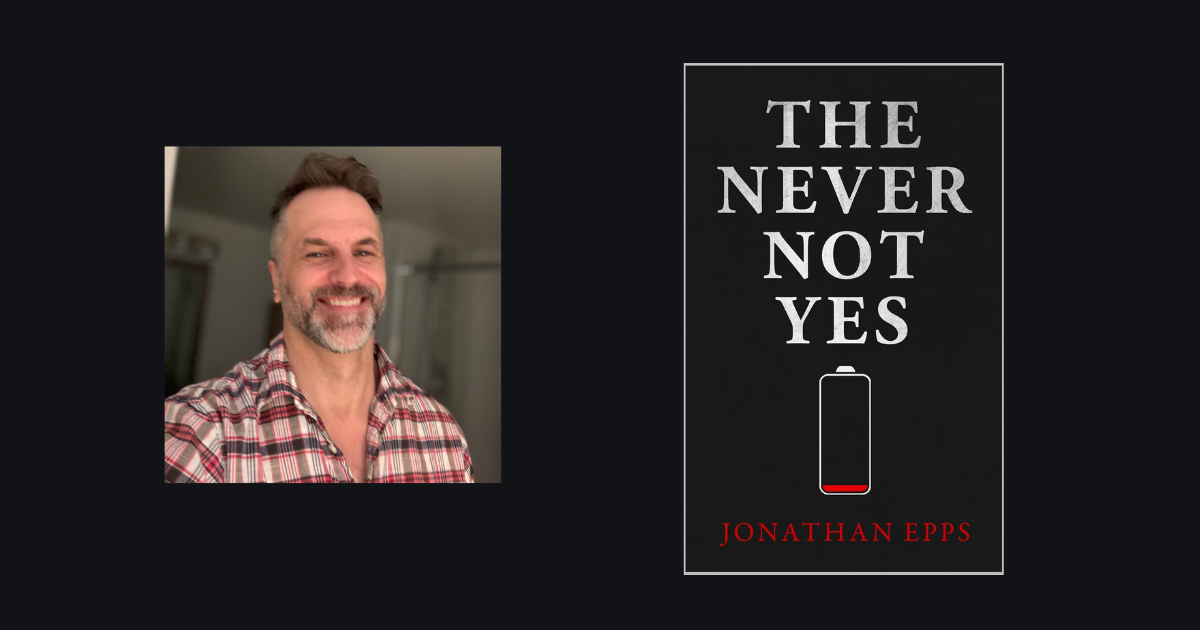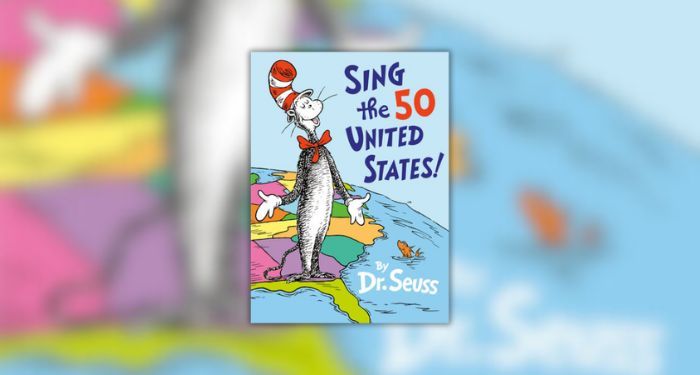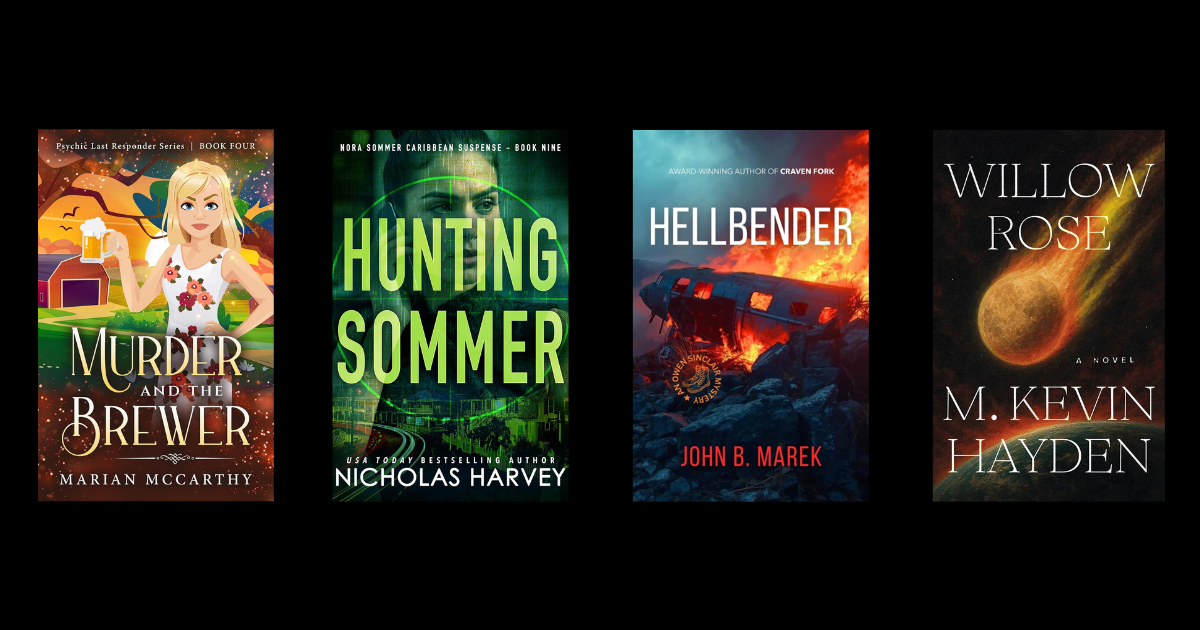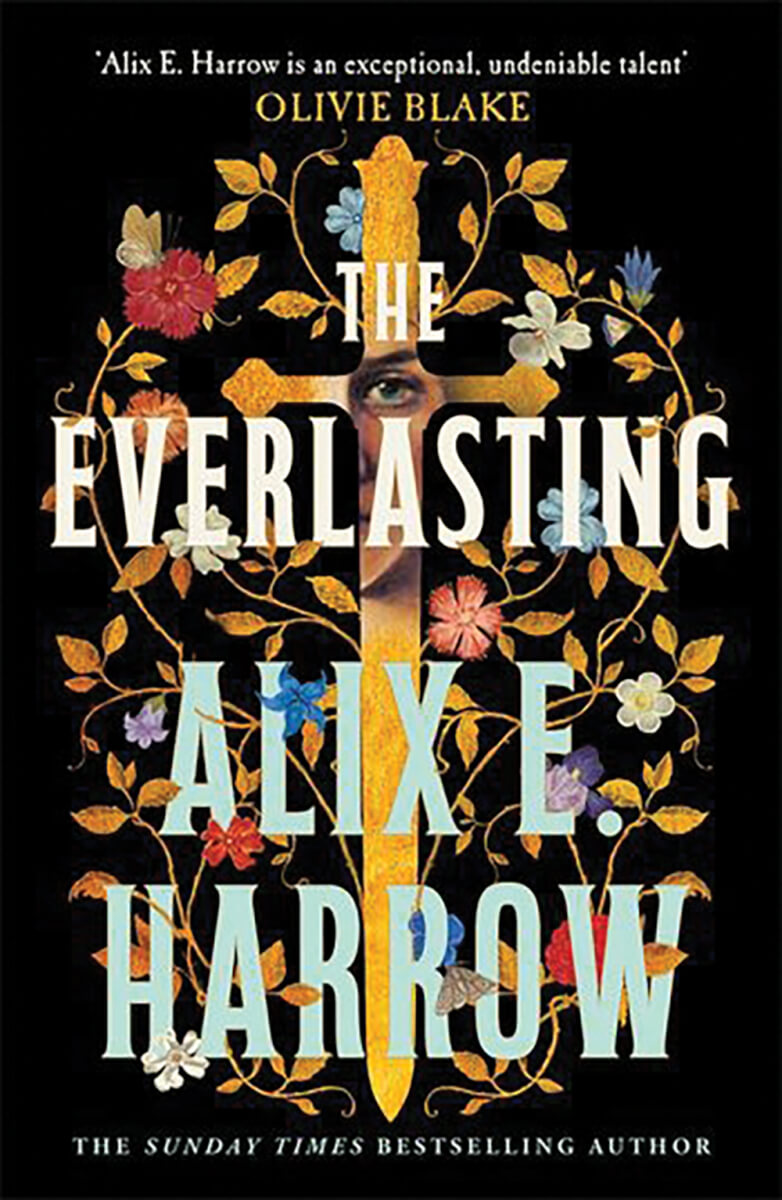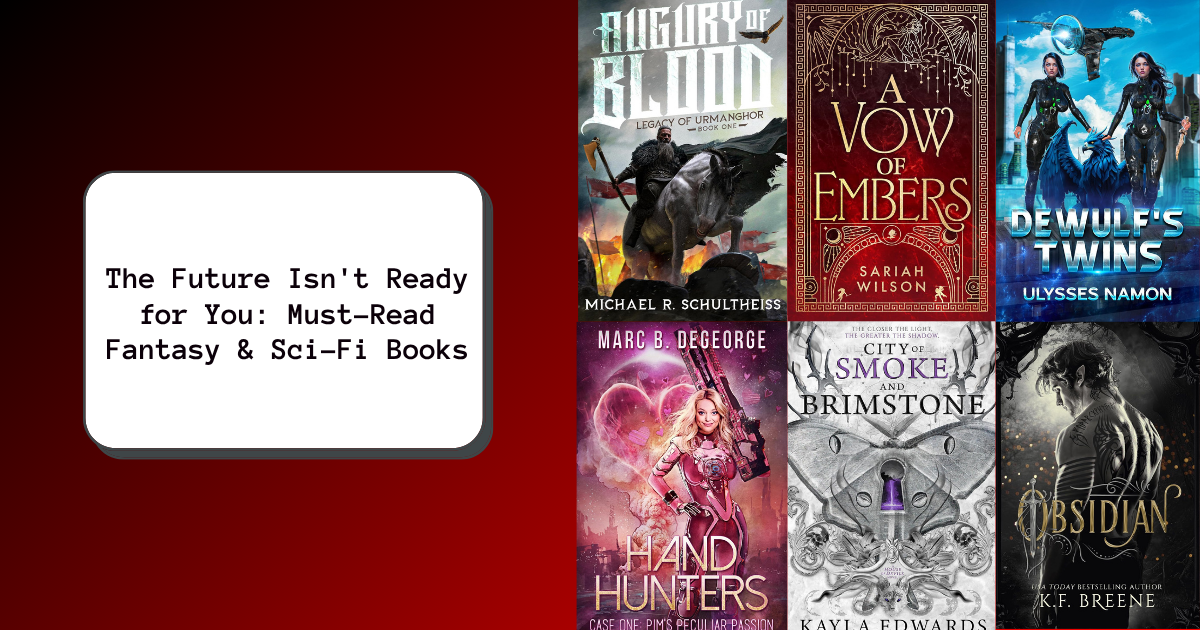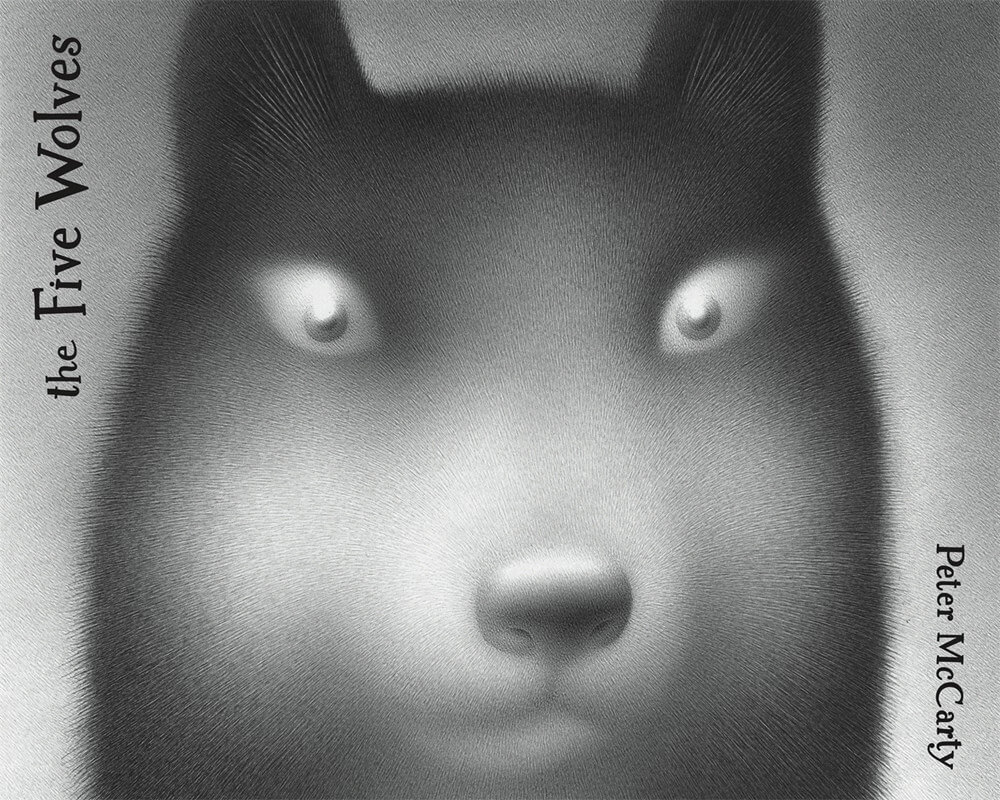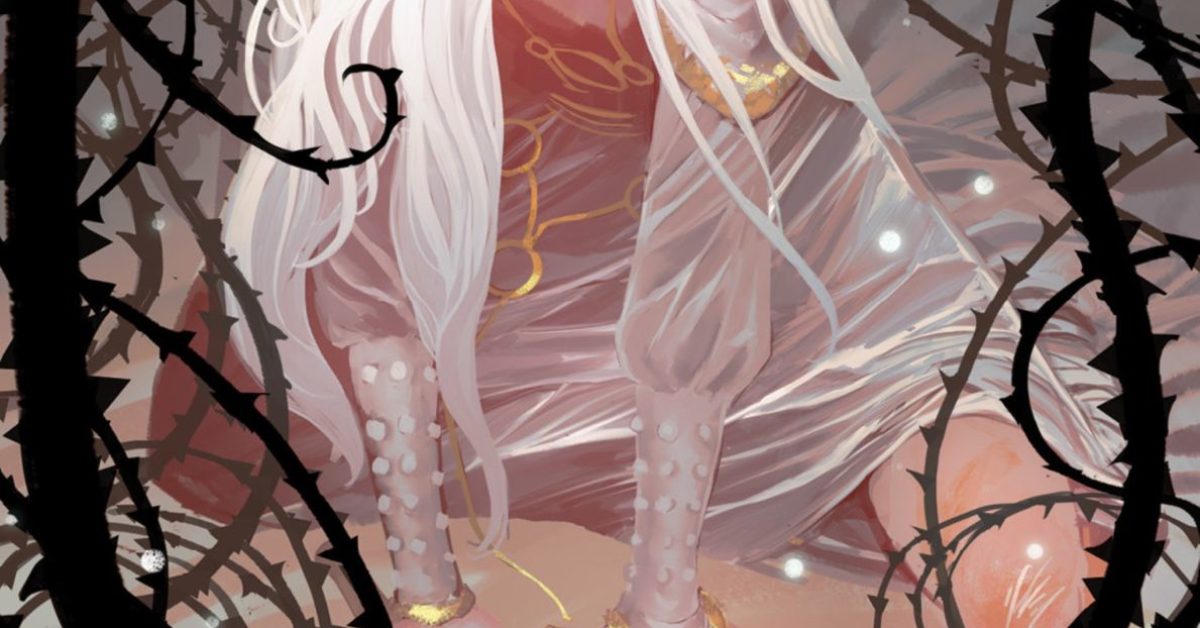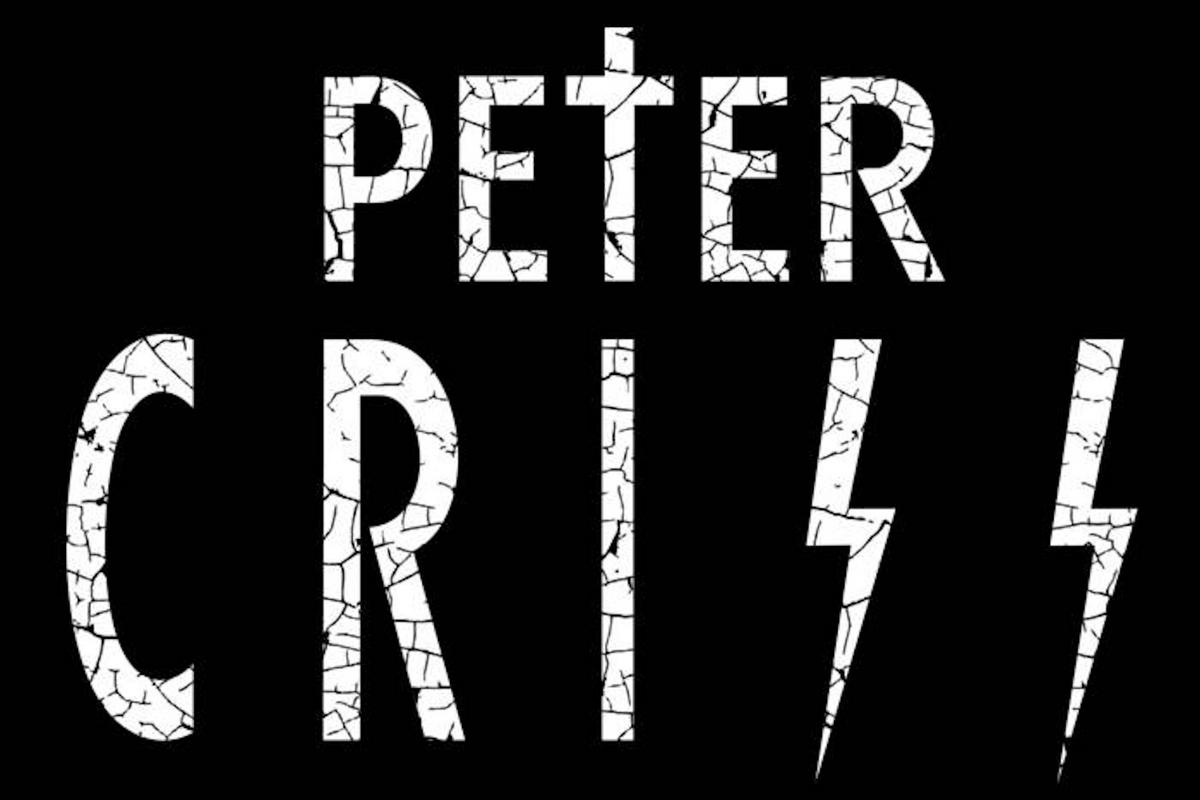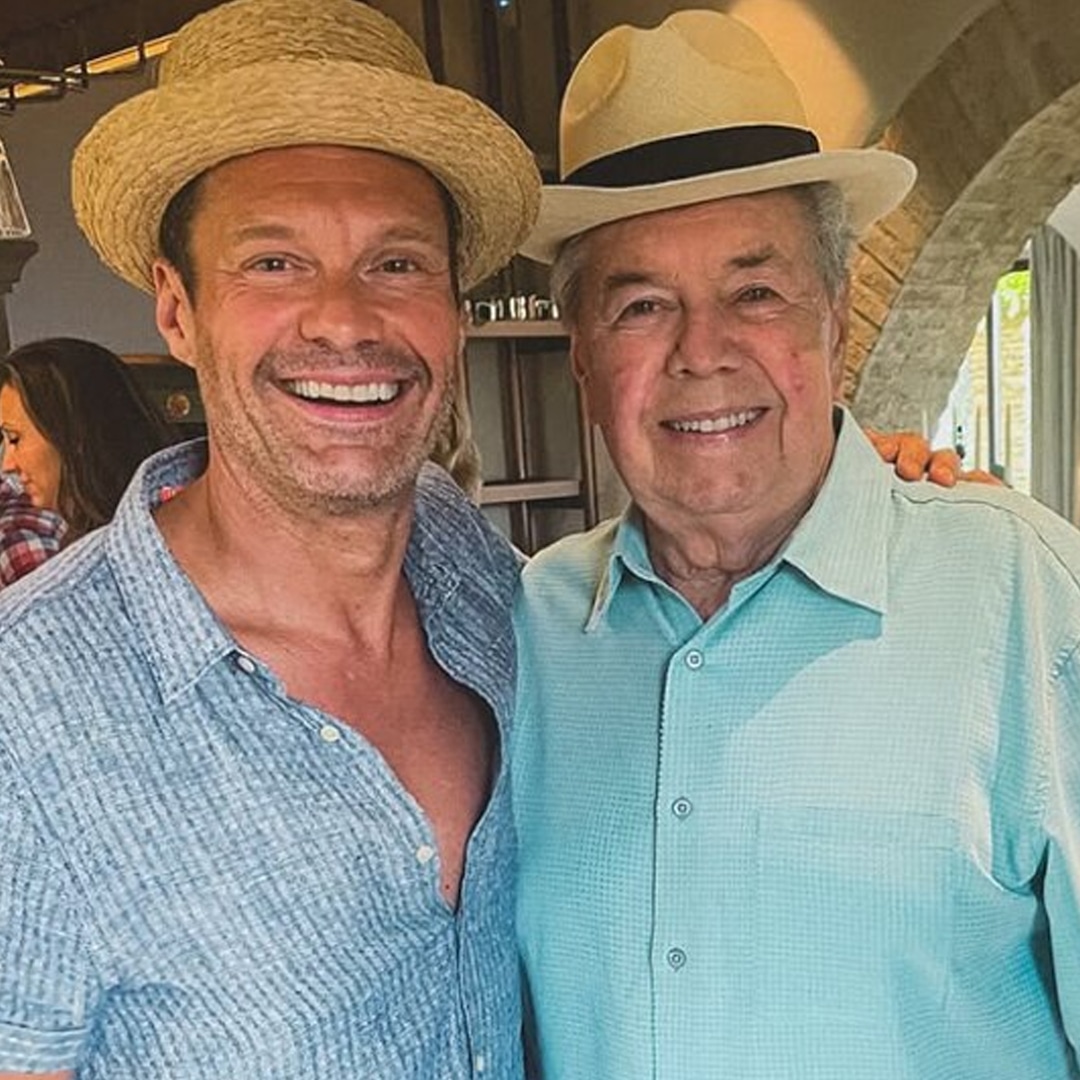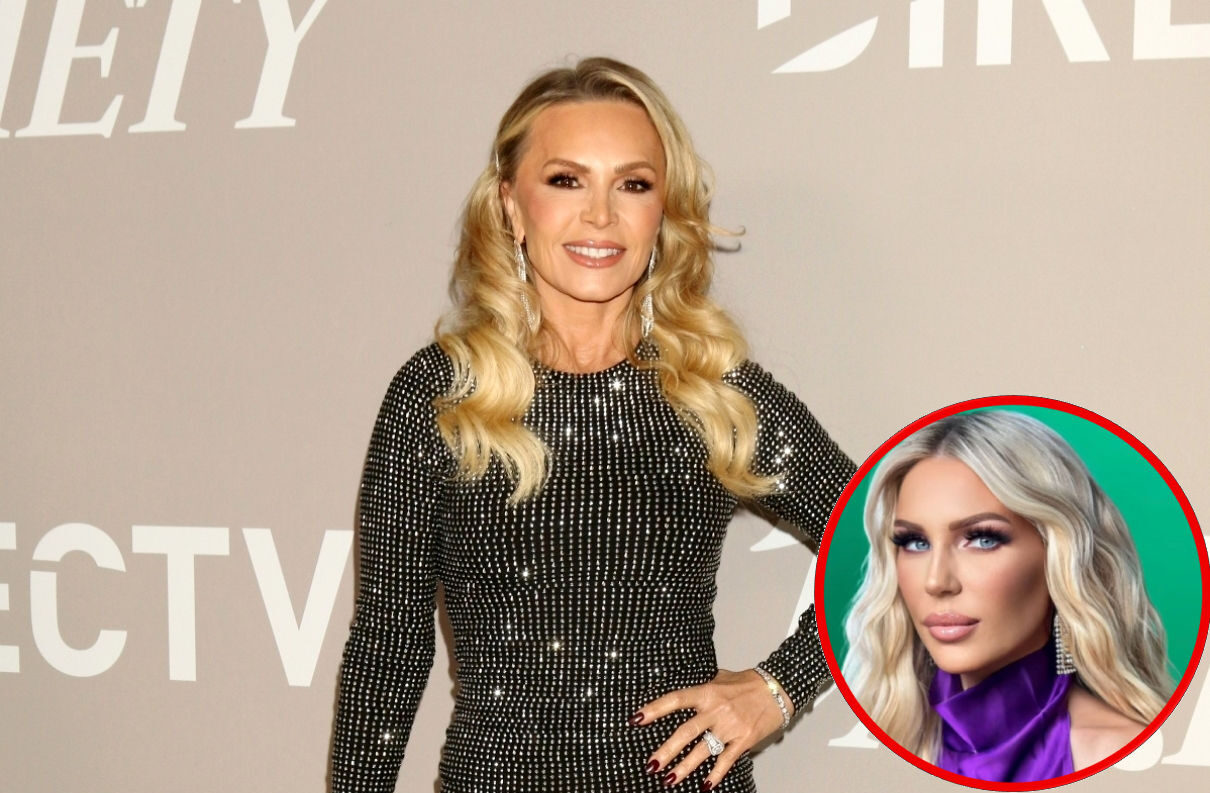We love horror novels for many reasons: their spine-tingling and suspenseful plots; the chilling actions of certain characters; the haunting landscapes of gloomy forests, fog-shrouded lakes and dilapidated houses. In her thrilling anthology, Why I Love Horror: Essays on Horror Literature, librarian Becky Siegel Spratford gathers provocative and candid essays from 18 of today’s most popular horror writers—among them Rachel Harrison, Tananarive Due, Stephen Graham Jones and Paul Tremblay—who share their personal reflections on what draws them to horror.
Many writers, such as Brian Keene (The Complex), turn to horror as a means of comfort, knowing that the monsters in books don’t exist in the real world. For Keene and others, the real monsters are the ones we confront in our daily lives “shooting up schools and abducting children and raping the environment and rolling back basic human rights.” He notes that curling up with make-believe monsters allows us to tune out these monsters around us, if only for a little while. Alma Katsu (The Fervor) observes that horror may be the only universal human emotion, for it wakes us to the fear and terror of monstrous acts that humans commit against other humans. She notes that a good horror story can give us a way to deal with our fears. According to Tananarive Due (The Reformatory), “fictional scares could serve as both emotional validation for the way prejudice and poverty made people feel, and a way to vanquish fictitious monsters in a way white supremacy could not be vanquished.” Nuzo Onoh (Where the Dead Brides Gather) testifies that one of the rewards of horror is that there is “something for every taste and everyone,” including “ghost and supernatural horror, slasher/gore horror, monsters and creatures horror, sci-fi and alien horror, cosmic horror, gothic horror, folk horror, dystopian horror, and apocalyptic ancient disease horror.” Harrison writes horror, she says, because “it’s a playground where I can unleash my monsters, and they can get their energy out while I sit on a bench watching.”
Spratford, who is a readers’ advisory specialist in Illinois, helpfully introduces each essay with a brief bio of the author, recommending one of the author’s titles as a starting point for their work and suggesting a title by a similar author in which readers might be interested. Why I Love Horror serves as an excellent introduction to contemporary horror literature, encouraging readers to get lost in the worlds of these authors and others like them.

